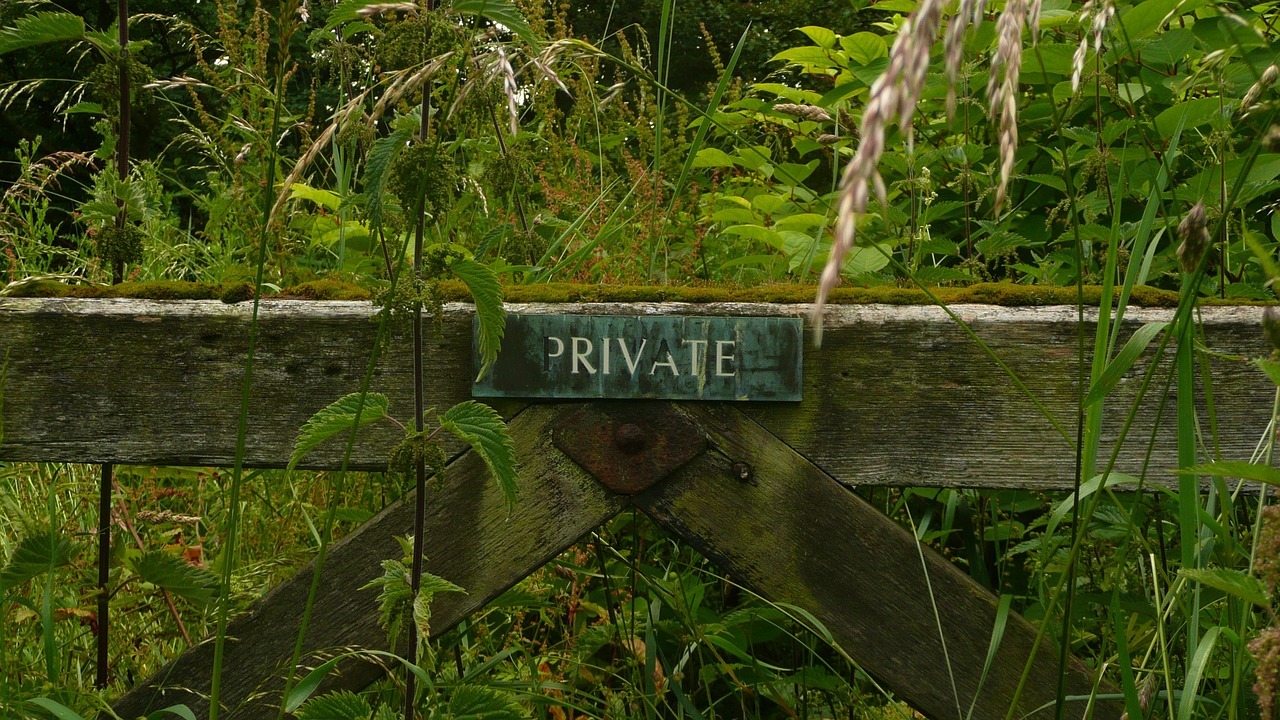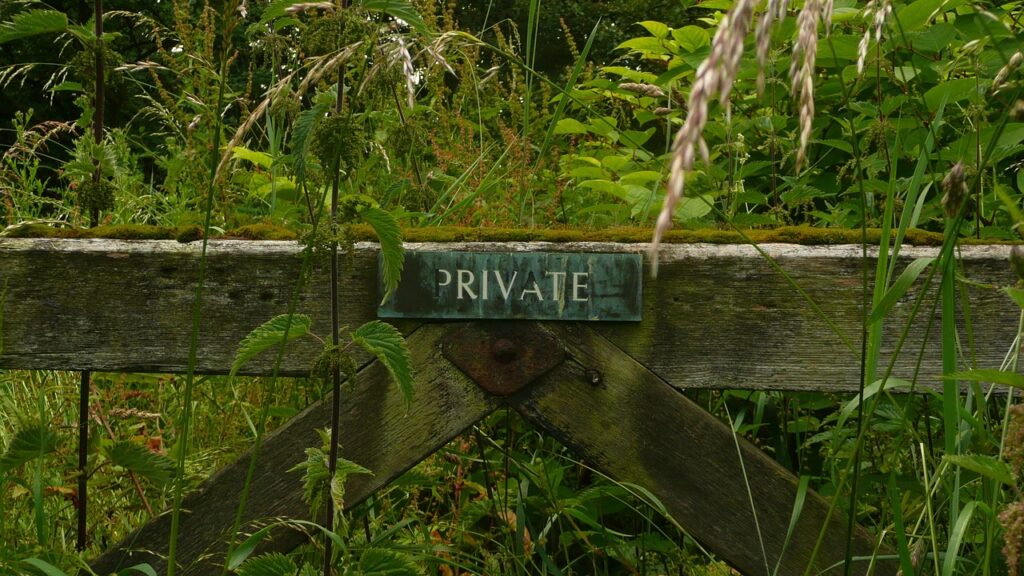In my Confidence Catalyst Programme, we are working with Positive Intelligence® to uncover our ‘gremlins.’ Find out which inner saboteurs are holding you back here.
This week, I’m looking at the Pleaser gremlin, and how we can learn to establish healthy boundaries while maintaining a helpful nature.
The Pleaser
‘Pleasers’ are often highly emotionally intelligent and want to be liked by everyone, and so will go out of their way to help, rescue, or flatter others. Pleasers can lose sight of their own needs and become resentful as a result. Asserting boundaries is going to be key in getting your time and energy back.
Pleasers seem:
- Empathic – ‘To be a good person I should put the needs of others ahead of my own.’
- Generous in time and effort, tuned into others’ feelings and needs – ‘I have to give more to others than I give to myself.’
- Emotionally self-aware – ‘It bothers me when people are selfish and ungrateful.’
- Needy – ‘I can make anyone like me.’
Please Please Me
Louise was a leader in her group, and when it was someone’s birthday at her tech firm, she’d organise the whole thing. A jointly signed card, a bottle of bubbly, flowers, and often lunch out – even out of her own pocket! She lamented to me about a past birthday that a colleague had, only telling her that morning that he opted to take the day off. She lamented: ‘But he knows how much effort I put in to everyone’s birthday!’
Like Louise, Pleasers desperately want to be liked. However, they can’t easily express their needs, so often want people to feel obligated to reciprocate any favours they feel they’ve done for others. Not reciprocating leads to annoyance and resentment against the very people they are trying to help.
Pleasers are well reminded to put the oxygen mask on their own face first. This is the first step to asserting boundaries. Receiving sometimes feels like it is selfish, or that you should ‘outdo’ someone by giving to them in return. So, Pleasers, this is your reminder: a great gift you can give others is the ability to give to you!
‘No’ is Your New Best Friend
Louise reflected: ‘People are always telling me I take too much on, but that’s just how I was raised. But maybe I don’t need to always say: ‘I’ve got it all under control!’ when it would be a lot simpler if I didn’t do so much. Indeed, I could just let others take the reins a bit more! After all, that’s how I learned much of my job!’ Asserting boundaries can be a challenge but it starts by questioning how much it costs you when you don’t set those limits.
Ask yourself:
- What would it be like if you did as much for yourself as you did for others?
- What would happen if you allowed people to help you more often?
- If you say ‘no,’ what are you saying ‘yes’ to?
If this sounds familiar to you, get in touch about my executive coaching or the next Confidence Catalyst programme to explore this further.





